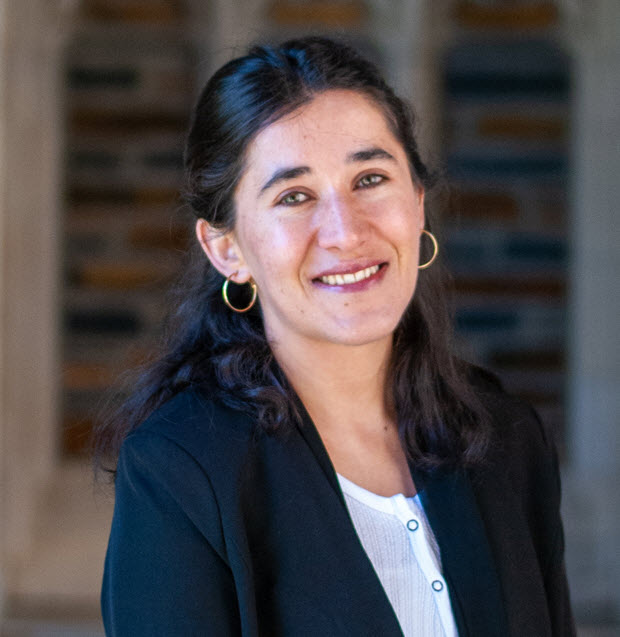
Aaliya, a doctoral student in the Earth and Climate Sciences program at Duke University, shares some key insights in an interview conducted by Duke University (condensed here).
Why did you want to pursue a PhD at Duke University?
Growing up in the Hunza Valley, a rural mountainous and agrarian village located in the Karakoram range of Pakistan, my access to quality education was limited. I attended a nearby Urdu middle school due to financial constraints. Although I performed well, I worried about the quality of my education and the uncertain future. I was determined to gain control of my ‘next steps’, so I persuaded my father to enroll me in an English middle school in a nearby village. The transition was full of challenges, but it was a turning point in my life that opened windows of opportunities.
Over the years, I improved my English skills and won a scholarship to pursue my bachelor’s degree in Bangladesh at the Asian University for Women, the first liberal arts women’s college in Asia. Since, then I have become passionate about pursuing higher education abroad at diverse and multicultural institutions that help us grow personally, professionally, and intellectually.
I strongly believe that diversity is the strength of pluralism. Hence, after completing my Master’s degree at York University with the support of the Spark of Hope Foundation, I decided to pursue a PhD in Earth and Climate Sciences at the Nicholas School of the Environment at Duke University. I was attracted by the cultural diversity and interdisciplinary research partnership between the Nicholas School, the Duke Global Health Institute, and the Nicholas Institute for Energy, Environment and Sustainability, as well as the Sanford School of Public Policy. I truly believe that pursuing a PhD at a multicultural institution such as Duke will equip me with necessary knowledge and skills to provide an integrated suite of services back in my community to maximize the impact of academic research and interdisciplinary studies for the social, economic, environmental, and health benefits of communities.
What is your research focus?
Planetary-scale, human-induced environmental changes such as climate change and land-use change are impacting the health and well-being of marginalized mountain communities across the Himalayas. This is more than just an abstract subject to me; it is rooted in my personal story.
Growing up in a remote mountainous village, I have experienced firsthand the debilitating effects of hazards such as glacial lake outburst floods, flash floods, debris flow, landslides, earthquakes, and snow avalanches on our socioeconomic conditions and sources of livelihoods.
With each passing year, the remote mountain communities in Gilgit-Baltistan have become increasingly susceptible to these hazards. In these precarious situations, these communities either choose to live in the same area or migrate internally to urban areas. When they migrate to urban areas, pre-existing socioeconomic issues further exacerbate their socioeconomic vulnerabilities. When they choose to stay back in their ancestral lands, climate-related hazards pose a constant threat to their physical safety and health as well as their quality of life and mental well-being.
What are the broader impacts of your research?
In countries like Pakistan, where mental well-being is a sensitive topic, it is even more challenging to talk about mental health outcomes and lived experiences related to the loss of loved ones, properties, livelihood sources, and social networks due to hazards. To close this gap in knowledge, I would like to codesign and coproduce empirical studies with the remote mountain communities in Pakistan, Nepal, and Bhutan to explore strategies and coproduce indigenous knowledge for reducing the impacts of environmental risks on mental health and the quality of life.
Interview conducted by Duke University, full text at https://nicholas.duke.edu/news/phd-student-qa-aaliya-aaliya
Share
STAY IN THE LOOP
Subscribe to our free newsletter.
Narmin Ismail, SoHF Founder and CEO, was awarded a Meritorious Service Medal (M.S.M.) by Her Excellency the Right Honourable Mary Simon, Governor General
We are excited to announce the signing of a new partnership agreement with Aga Khan University (AKU), whose mission is to improve quality of life
We are delighted to announce that The Spark of Hope Foundation was accredited under Imagine Canada’s Standards Program in August 2022.

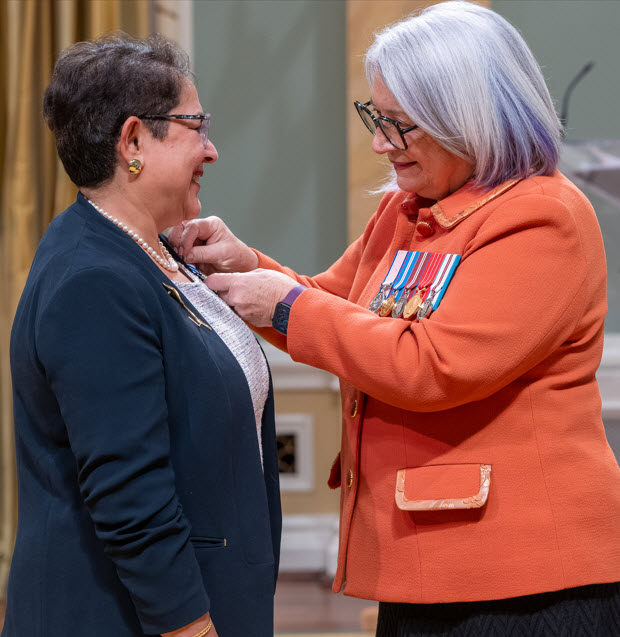
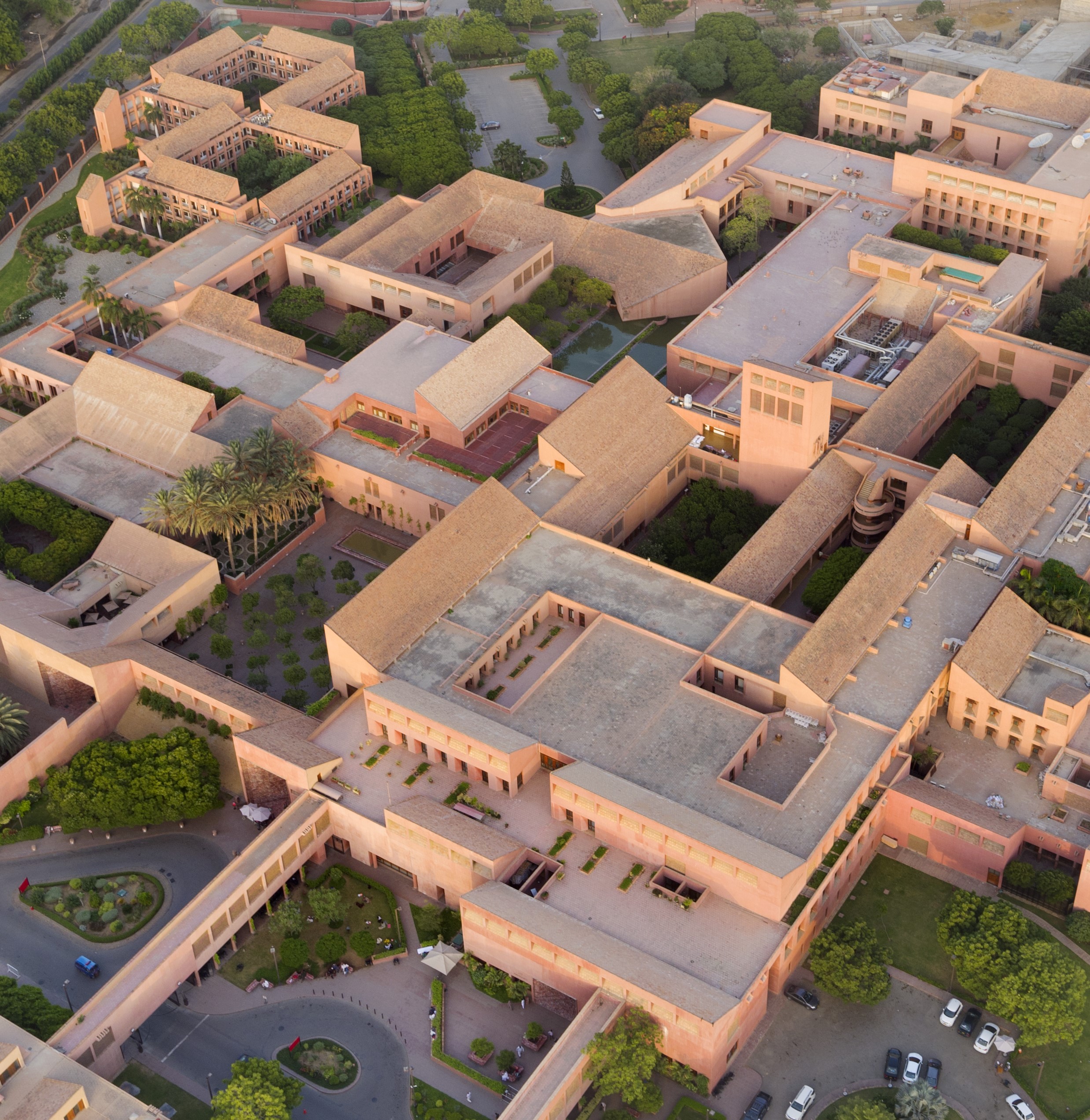





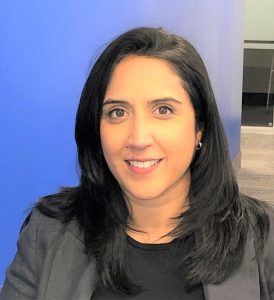


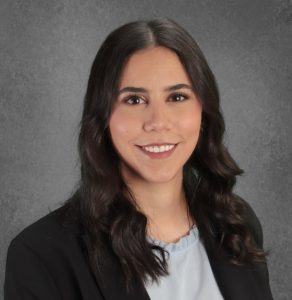
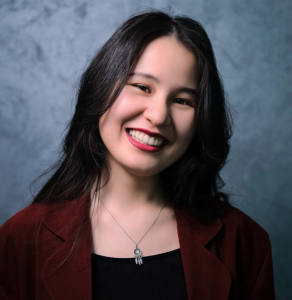
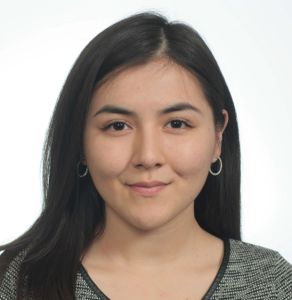
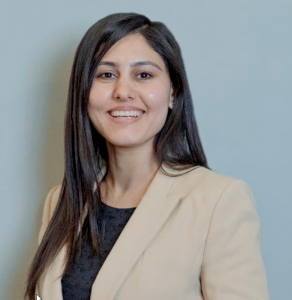
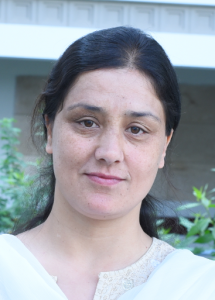
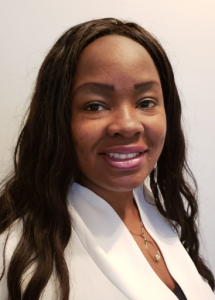
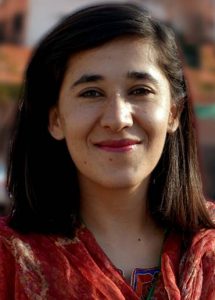
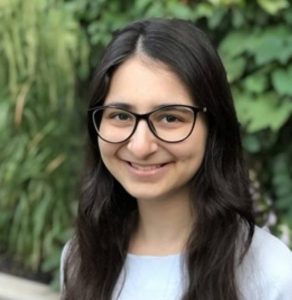

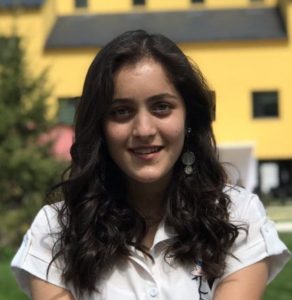







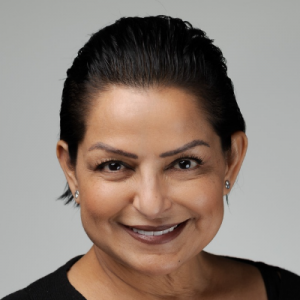
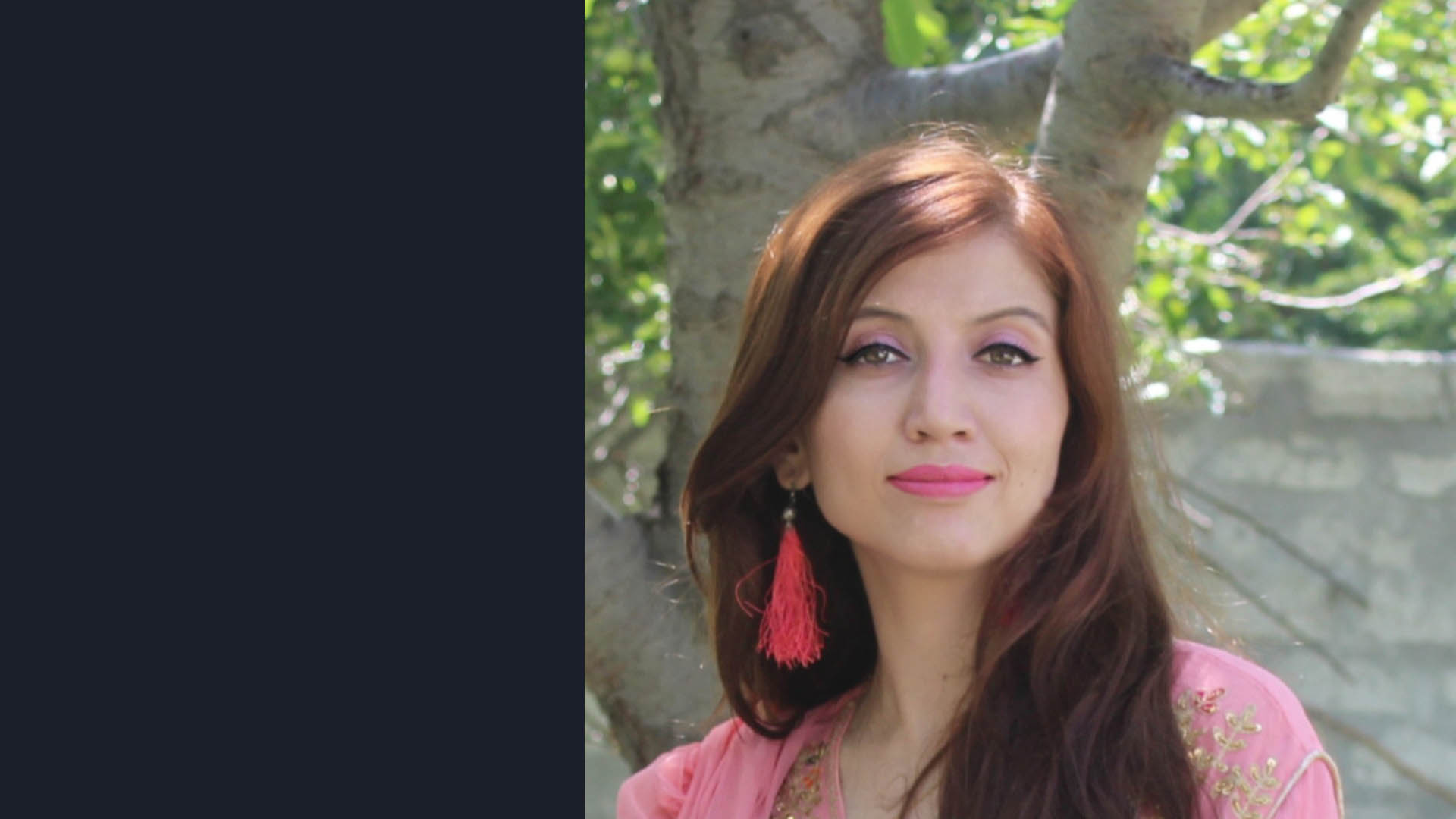


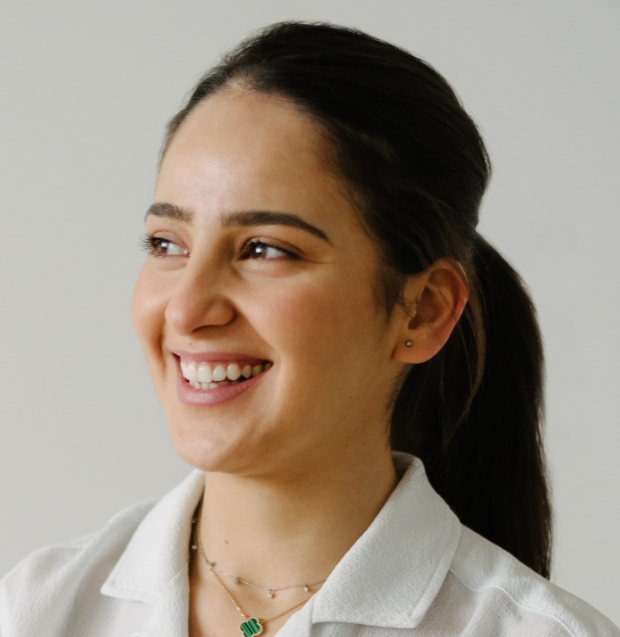
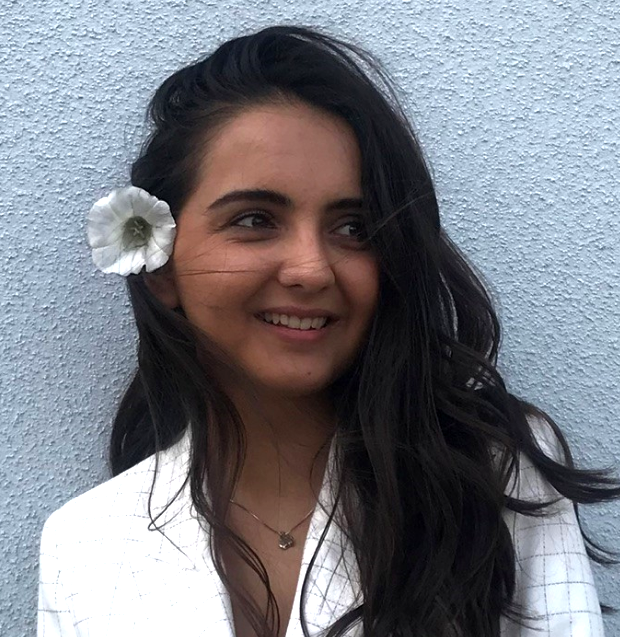




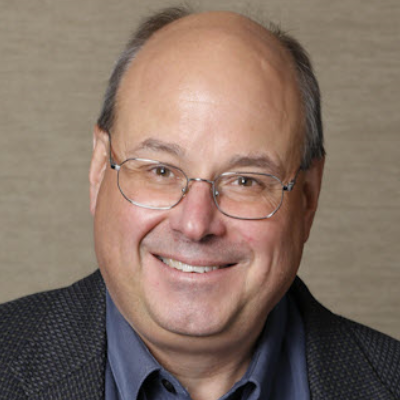 Doug has many years of senior business and financial management experience across a diverse range of industries and size of businesses. During his career, Doug has also worked as a consultant to several start-up companies. Currently, Doug is President & CEO at North American Fur Auctions Inc., a private company with operations in Europe, North America and Asia.
Doug has many years of senior business and financial management experience across a diverse range of industries and size of businesses. During his career, Doug has also worked as a consultant to several start-up companies. Currently, Doug is President & CEO at North American Fur Auctions Inc., a private company with operations in Europe, North America and Asia. Tanneke is a partner at Fasken Martineau DuMoulin LLP with a focus on natural resource project development in emerging markets. Tanneke is highly regarded for her expertise and experience in the mining industry where she is recognised as a leading legal advisor. Her extensive experience includes advising on all aspects of the development and financing of mining and other natural resource projects in emerging markets, with an emphasis on African markets.
Tanneke is a partner at Fasken Martineau DuMoulin LLP with a focus on natural resource project development in emerging markets. Tanneke is highly regarded for her expertise and experience in the mining industry where she is recognised as a leading legal advisor. Her extensive experience includes advising on all aspects of the development and financing of mining and other natural resource projects in emerging markets, with an emphasis on African markets.
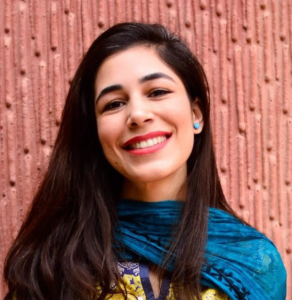 Sajida Raza, from Chitral in the Northern Areas of Pakistan, completed her medical degree in November 2019. Chitral only has hospitals in very few places, so access to quality healthcare can be limited and it is often cut off from the rest of the world for months during winter.
Sajida Raza, from Chitral in the Northern Areas of Pakistan, completed her medical degree in November 2019. Chitral only has hospitals in very few places, so access to quality healthcare can be limited and it is often cut off from the rest of the world for months during winter.